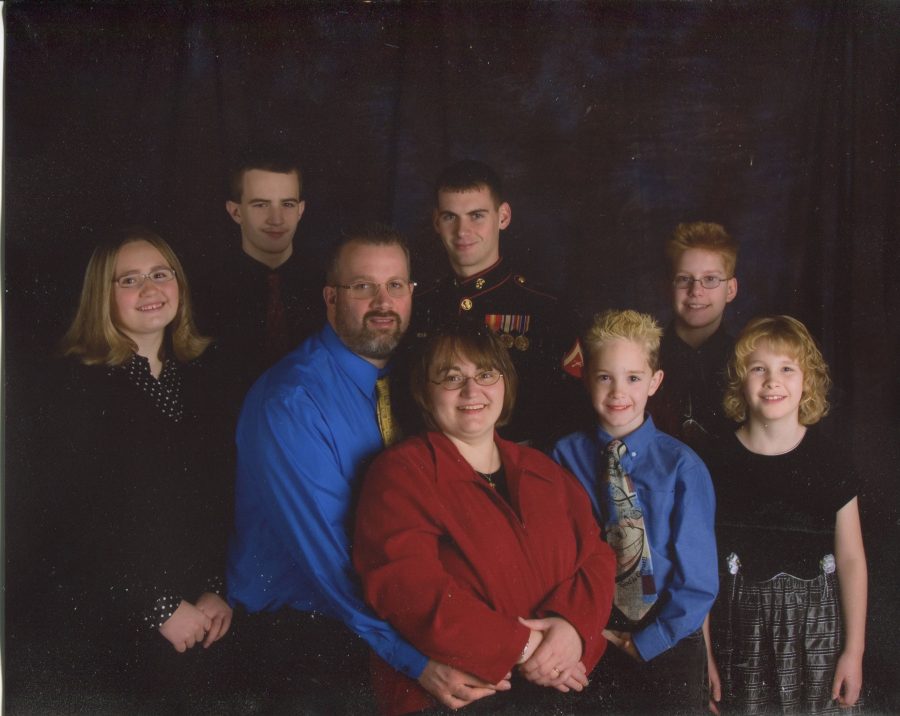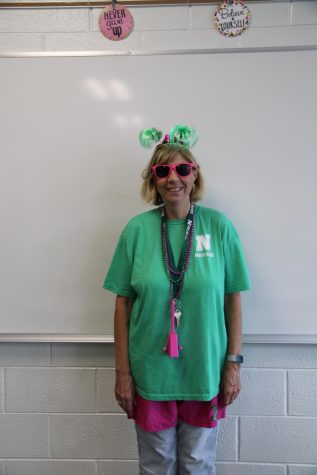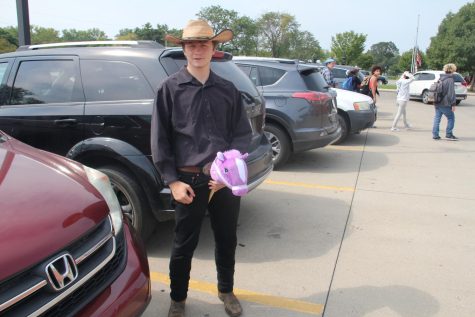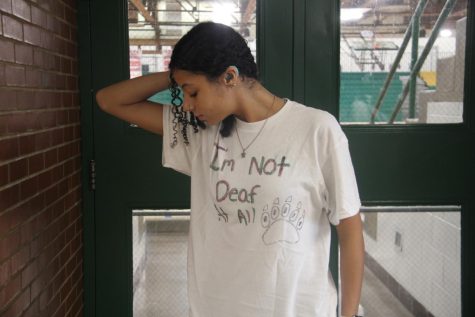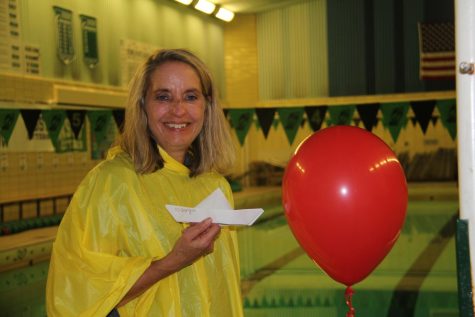Expanding the family
Mr. John Kerr, math teacher, talks about his choice to foster and adopt
John Kerr, math teacher at North, and his wife Judy have fosters around 100 children and have adopted three children to join their family, making their count to eight.
March 3, 2017
Being adopted you sometimes think that your family didn’t want you, your old family had issues, or they were bad people. Sometimes relationships don’t work out for families and they think of your needs before theirs. They want your future to be better than they can provide for you. And that’s where foster-parents come to help out.
John Kerr, math teacher at North, met his wife Judy 27 years ago, married one year later. They currently have six children in total, three of them being adopted.
It started with the decision to help out children in the community, but have reached much greater beyond their own community.
“We have helped many, many children over that time and in the process found three that were a fit for our family and adopted them through the state,” Kerr said.
Mr. Kerr and his wife Judy have opened their home to foster kids of Iowa for the past 15 years. Helping over 100 kids with temporary homing and counseling. While their family sorts out issues, Kerr and his wife help the child in any way they can.
“We’ve had children from different countries in our home; we’ve had children that were dealt pretty bad hands, we have had some that still call us Mom and Dad that still keep in touch, and others we’ve lost touch with,” he said.
John and Judy try to make the children feel comfortable in any way they can. According to Attachment.org, a website supporting parenting and adoption, being raised by various people throughout their childhood, children often obtain reactive attachment disorder, which is caused by not having enough bonding time with their parents.
“I think that probably every foster and every adopted child has a drive on the inside of them on wanting to understand why. As a foster adoptive parent there’s nothing you can do about that. It’s going to be there and somewhere in some point of time they need that why to be answered, there’s just no way to love that why away,” Kerr said.
Kerr and his wife make it their job to make sure that the child has everything they need. They speak with the biological parents for anything that will help them adjust to the new environment. Whether it’s a blanket a toy or a movie, anything that makes them feel at home they ask for.
John and Judy try to make a mission trip with every child that they receive through the state to build churches in other countries. They believe it helps make the children more compassionate to other people.
“I think when you are a person that has been hurt by things that you cannot control I think it’s very powerful for you to experience giving without expecting anything in return and through that process you actual get more than what you gave, and I think that makes a huge difference on their outlook of life,” Kerr said.
According to an article about health benefits of volunteering from the American Sociological Association, volunteering has positive effects on psychological well-being and self-reported health. In other words it makes people feel better.
When asked, what do you hope to accomplish by providing children with a temporary home, John responded with, “I hope I made their lives better, well I hope I did, I mean it’s my belief I did, but I guess they’re the only ones that can answer that when they reflect back on their life, but I hope and pray that I made their lives better” I hope they’ve all taken love away from us. We’ve had some tell us they’re thankful for us for sharing our love with them.”



